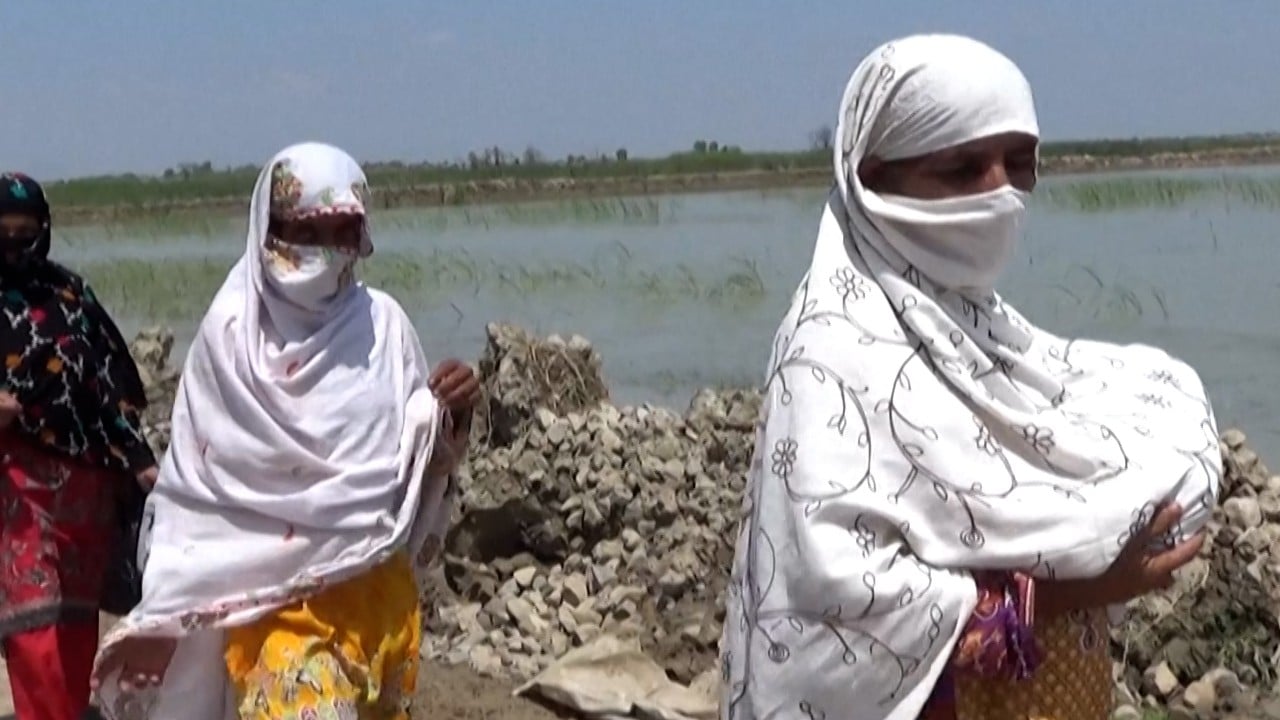Three years after catastrophic floods submerged one-third of Pakistan, scientists have concluded that the country’s weather systems have shifted into a perilous “new normal” – a volatile climate pattern marked by parched winters, searing heatwaves and erratic summer monsoons that threaten crops, infrastructure and livelihoods across the nation.
Advertisement
Experts told This Week in Asia that this growing unpredictability had already undermined crop yields over the past four years, posing an increasingly grave risk to Pakistan’s food security.
“This is not good news for Pakistan,” said Ali Mirchi, an associate professor of water resources engineering at Oklahoma State University, who has co-authored multiple studies on the changing hydrology of the Indus River basin.
The region, which encompasses much of Pakistan and extends into northwest India, is exhibiting unmistakable signs of growing instability, Mirchi said. Floods, water shortages and heat stress are now routinely disrupting planting and harvest cycles.
“The overall impact is more uncertainty for agricultural production and water security,” he said, with consequences that are “both immediate and long-term”.
Advertisement
Flash floods devastate standing crops and unleash “serious ripple effects for agrarian communities”, Mirchi said. Droughts, combined with shifting snowmelt patterns, further limit irrigation, placing additional pressures on agriculture.


